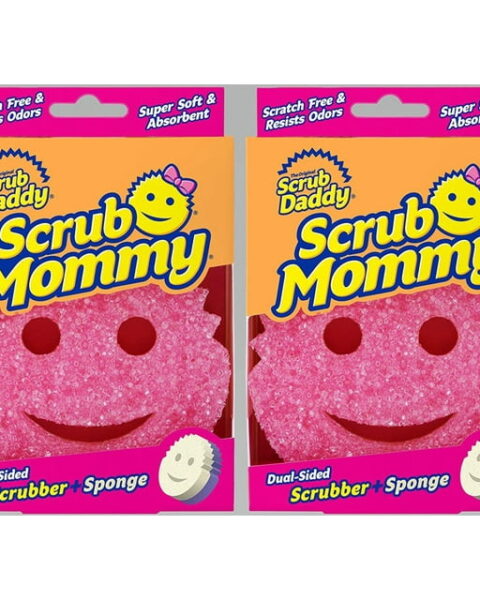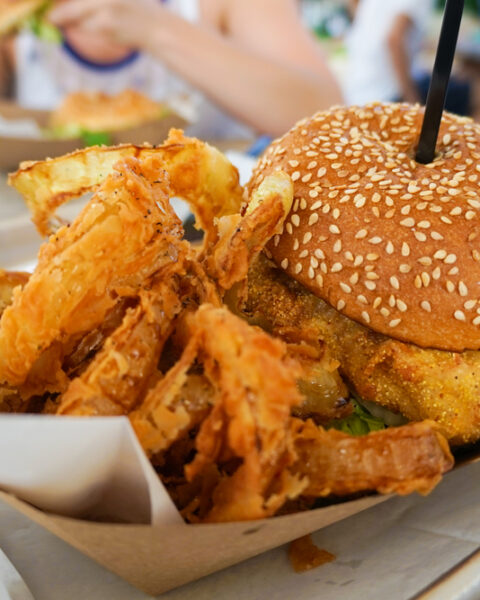You know, there’s a lot of talk about canned foods, and not all of it is true. We’ve all heard those myths that make us think twice about grabbing a can off the shelf. But let’s clear things up and find out what’s really going on with those cans in your pantry. Whether it’s concerns about nutrition, safety, or quality, it’s time to bust these myths and see canned foods for what they really are.
Contents
- 1 Canned Foods Are Always High in Sodium
- 2 Canned Food Has No Nutritional Value
- 3 Canned Foods Are Crammed with Preservatives
- 4 Canned Foods Are Never Used by Chefs
- 5 Putting Opened Canned Food in the Fridge Is Dangerous
- 6 You Should Never Use Dented Cans
- 7 Store-Bought Canned Food Is Always Safe to Eat
- 8 Canned Foods Have Harmful Chemicals in Them
- 9 Buying Canned Foods Is Inherently Wasteful
- 10 Canned Food Is Low Quality
- 11 Canned Foods Stay Fresh Forever
- 12 More from RetailShout
- 13 11 Key Facts About Canned Salmon You Should Know
- 14 14 Best Ready-to-Eat Food Deals at Costco
Canned Foods Are Always High in Sodium
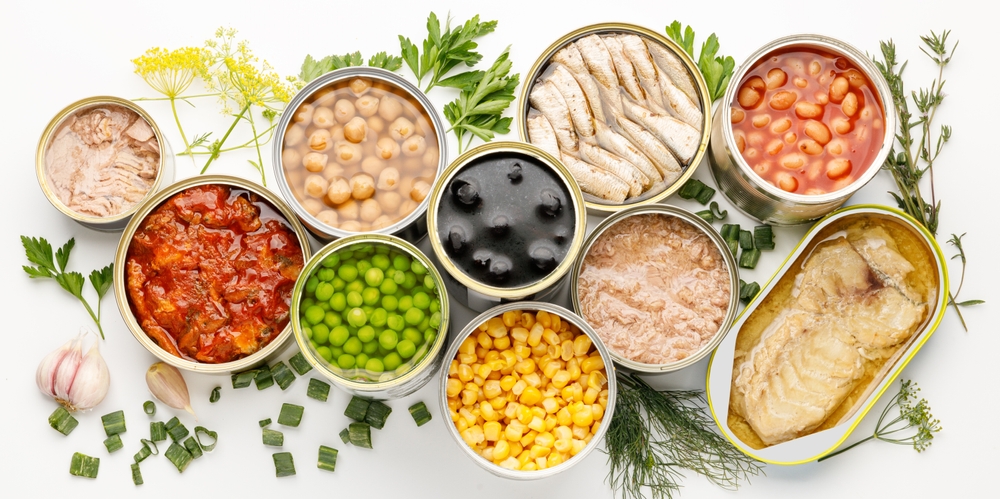
Many believe that all canned foods are packed with sodium, making them unhealthy. It’s true that some canned foods, especially soups and vegetables, can be high in sodium. However, many brands now offer low-sodium or no-salt-added versions to cater to health-conscious consumers. Reading the labels can help you make healthier choices. The taste of low-sodium canned foods is generally similar to their higher-sodium counterparts, though sometimes they may taste a bit blander. To enhance flavor without added salt, consider using herbs and spices. Understanding the options available helps dispel this myth.
Canned Food Has No Nutritional Value
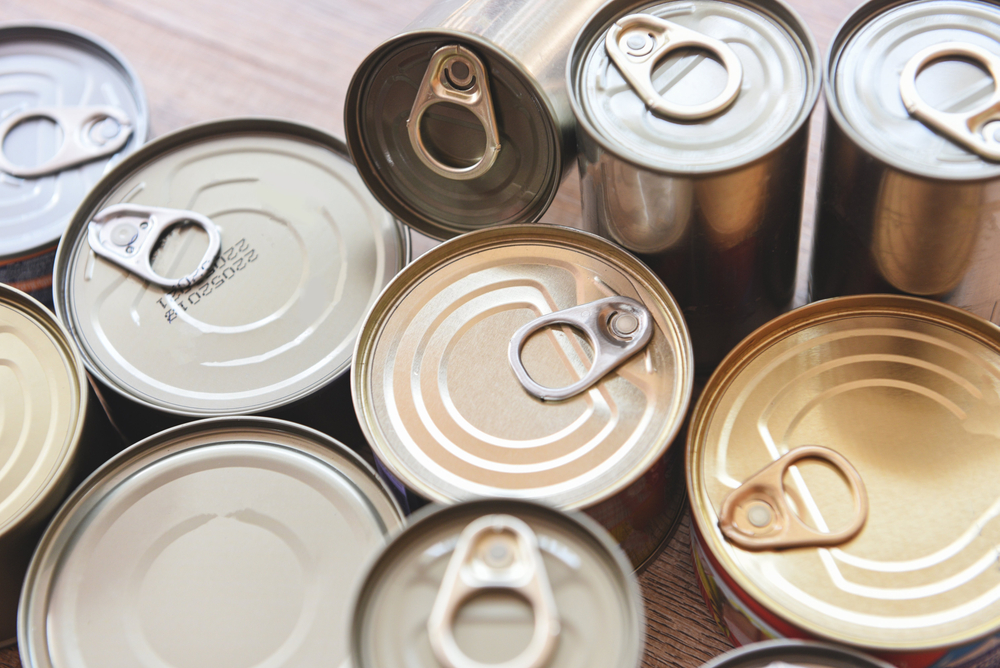
Another common misconception is that canned foods lack nutritional value compared to fresh foods. The truth is, canned foods can be just as nutritious as fresh or frozen options. The canning process actually preserves most nutrients, and in some cases, increases the availability of certain antioxidants. For example, canned tomatoes have higher levels of lycopene than fresh ones. The taste of canned foods can be quite similar to fresh, though some might notice a softer texture. Knowing the nutritional benefits can make canned foods a valuable part of your diet.
Canned Foods Are Crammed with Preservatives
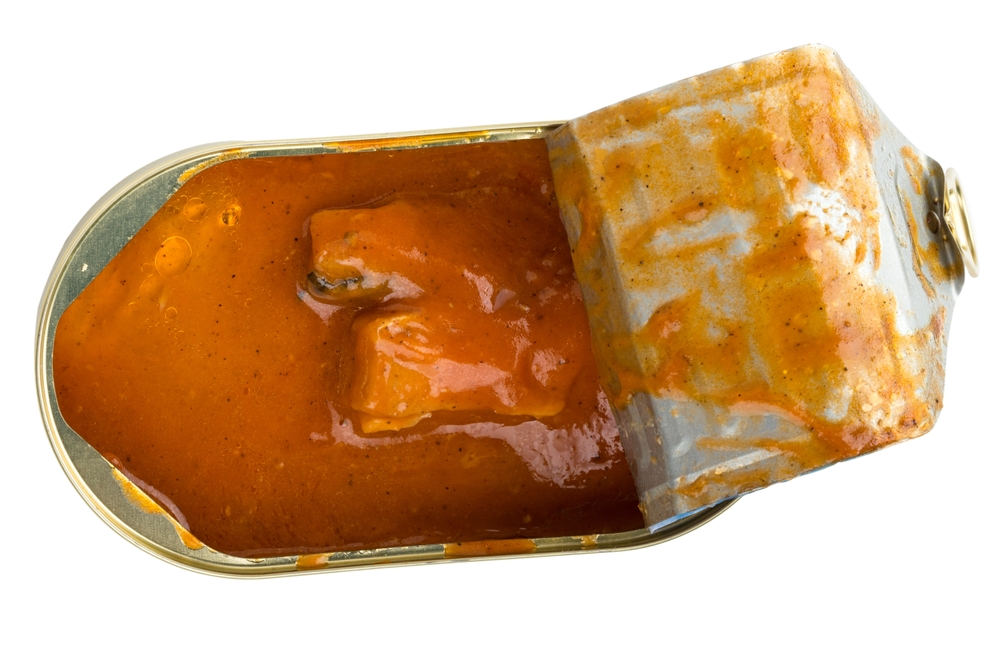
People often think that canned foods are loaded with preservatives to extend their shelf life. In reality, the canning process itself is a method of preservation, making the addition of chemical preservatives unnecessary. The process involves sealing food in airtight containers and heating them to destroy bacteria and other microorganisms. This means many canned foods contain nothing more than the food itself and perhaps some water or natural juices. The taste remains largely unchanged, preserving the natural flavors of the food. This myth overlooks the simplicity and effectiveness of the canning process.
Canned Foods Are Never Used by Chefs
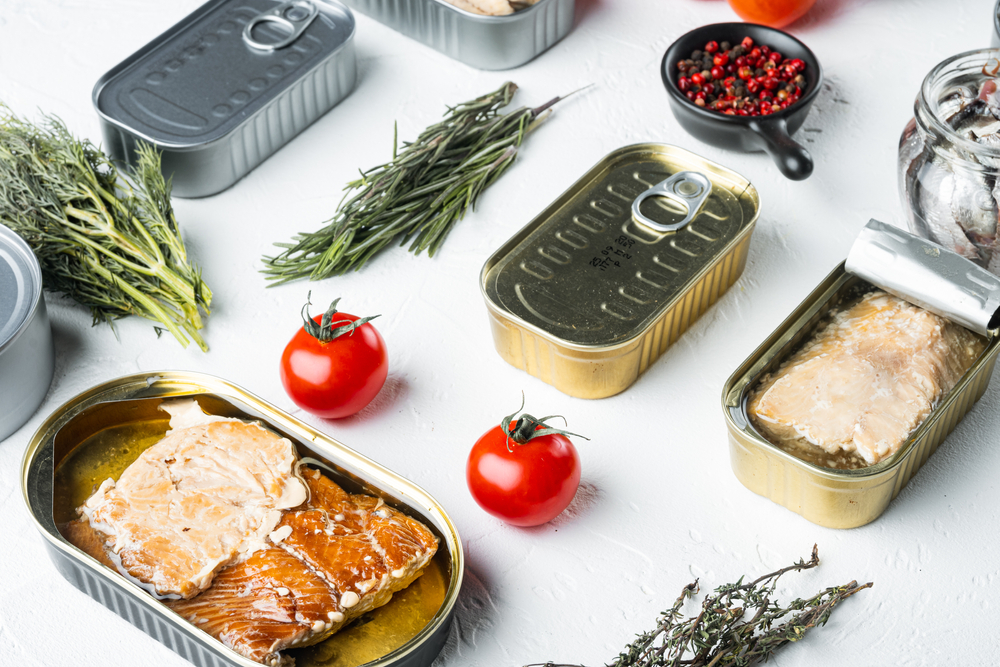
Some believe that professional chefs never use canned foods, thinking they prefer only fresh ingredients. However, many chefs do use canned foods for their convenience, consistency, and sometimes even flavor. Ingredients like canned tomatoes, beans, and coconut milk are staples in many professional kitchens. They provide a reliable and often cost-effective option without compromising on taste. The reality is that the quality and flavor of many canned foods make them a practical choice in both home and professional settings. This myth underestimates the utility and acceptance of canned foods in culinary arts.
Putting Opened Canned Food in the Fridge Is Dangerous
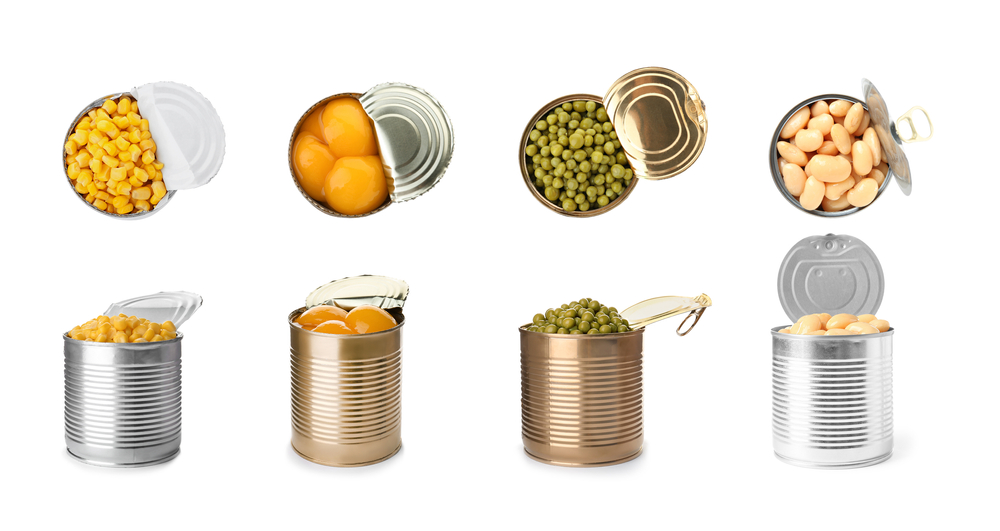
A prevalent myth is that storing opened canned food in the refrigerator is dangerous and can lead to food poisoning. While it’s true that there is a slight risk of botulism, this risk is extremely low if the food is consumed within its general perishability window. The main concern is not health but taste, as acidic foods stored in open cans might develop a metallic flavor. Transferring leftovers to a different container can prevent this. The taste impact is more relevant than the safety concern, which is often exaggerated.
You Should Never Use Dented Cans
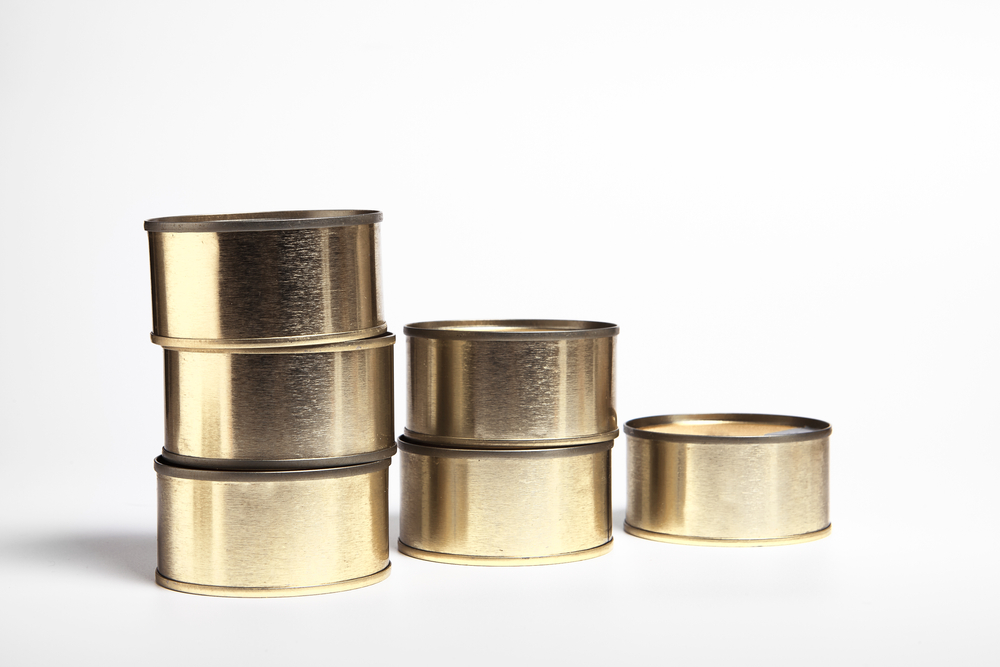
It’s commonly believed that dented cans should always be avoided because they pose a safety risk. While it’s true that severely dented cans, especially those with dents on the seams, can compromise the can’s integrity and potentially lead to contamination, not all dents are harmful. Minor dents that don’t affect the can’s seams are usually safe. The taste and quality of the food inside remain unaffected by such minor imperfections. Evaluating the extent of the dent is crucial, debunking the notion that all dented cans are dangerous.
Store-Bought Canned Food Is Always Safe to Eat

Many assume that store-bought canned food is always safe to eat because of the rigorous standards and processes in place. Generally, this is true, as the canning process effectively kills harmful bacteria. However, it’s important to check for signs of spoilage, such as bulging cans, rust, or foul odors, which indicate contamination. Proper storage and handling are essential to maintaining safety. The taste of spoiled canned food will be off, making it evident that something is wrong. While generally safe, vigilance is still necessary to ensure food safety.
Canned Foods Have Harmful Chemicals in Them
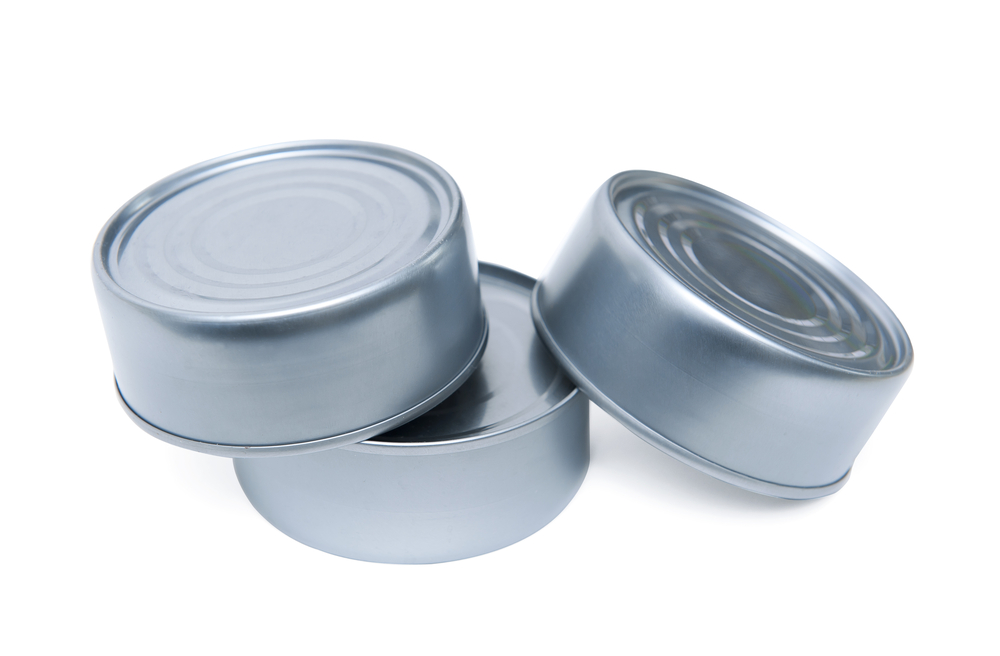
There is a widespread belief that canned foods contain harmful chemicals, particularly from the can linings. Some older cans were lined with BPA, which raised health concerns. However, many manufacturers have switched to BPA-free linings to address these issues. The levels of any potentially harmful chemicals are regulated and monitored. The taste of food from BPA-free cans is the same as that from older cans, without the associated risks. Understanding these changes helps alleviate concerns about chemicals in canned foods.
Buying Canned Foods Is Inherently Wasteful
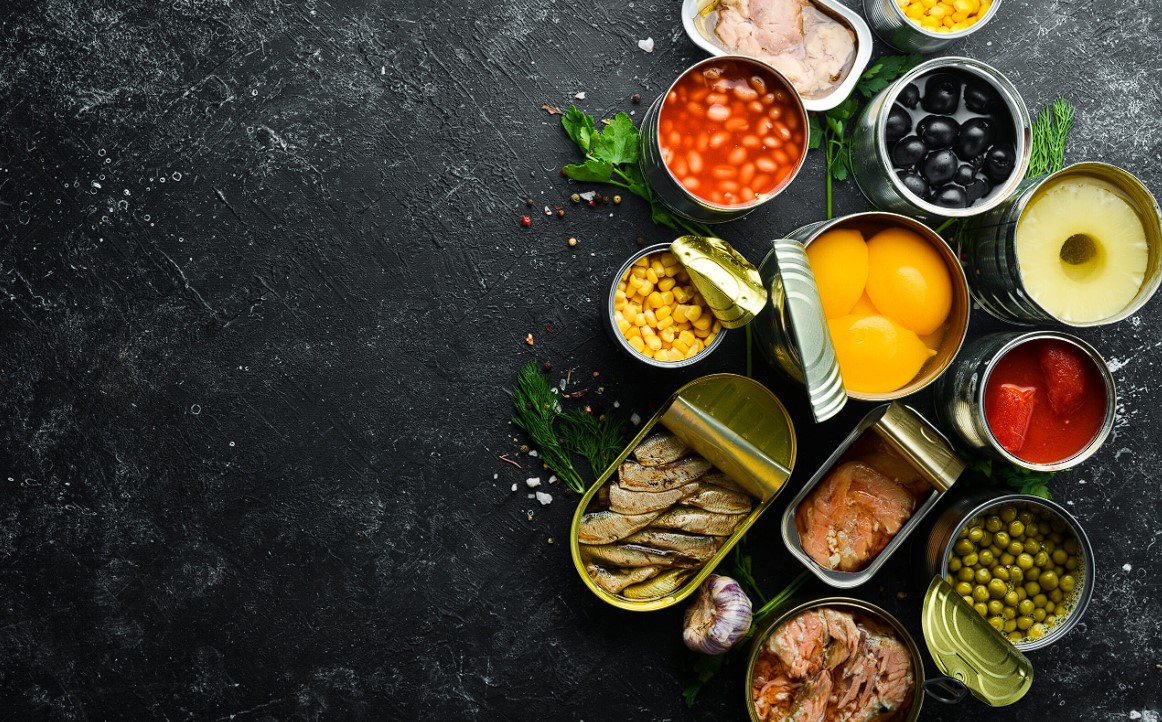
People often think that buying canned foods is wasteful due to the packaging. However, cans are highly recyclable, and many recycling programs readily accept them. Additionally, canned foods have a longer shelf life, reducing food waste from spoilage. The taste and quality of canned foods remain intact over time, making them a sustainable option. By recycling cans and using their long shelf life to reduce food waste, consumers can make environmentally friendly choices. This myth overlooks the recyclability and longevity benefits of canned foods.
Canned Food Is Low Quality
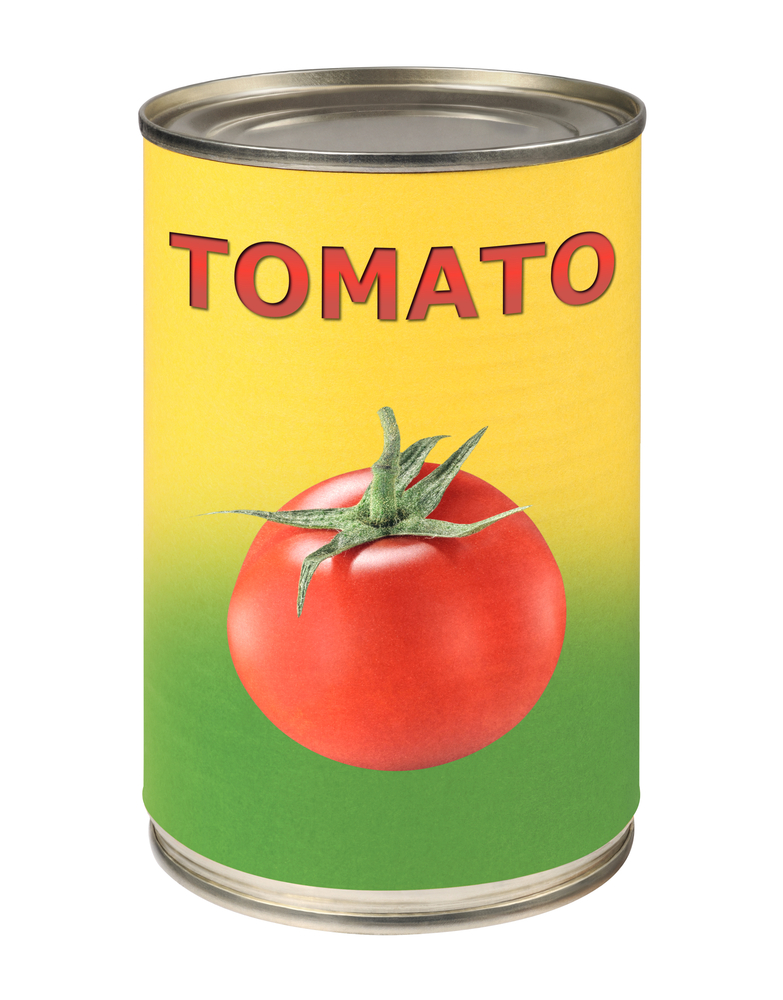
There’s a belief that canned food is of low quality compared to fresh or frozen options. In reality, the quality of canned food can be quite high, as it is often processed and sealed at peak ripeness. This ensures that the nutritional value and flavor are preserved. Many people find the taste of canned foods to be comparable to fresh, especially in dishes where they are cooked or combined with other ingredients. Recognizing the high standards of modern canning practices helps dispel this myth.
Canned Foods Stay Fresh Forever
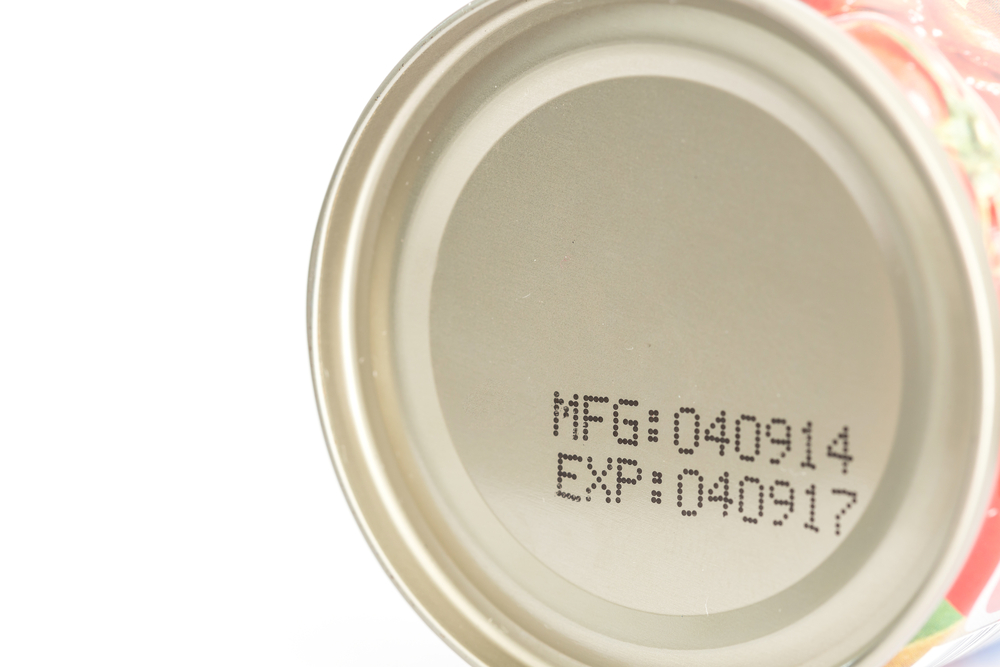
A common myth is that canned foods stay fresh indefinitely. While canned foods do have a long shelf life, they are not immune to spoilage. Most canned goods are best used within 1-5 years, depending on the food type and storage conditions. Over time, the quality and taste may deteriorate, even if the food remains safe to eat. It’s important to check expiration dates and storage guidelines. Understanding that canned foods have a finite shelf life encourages proper rotation and use, ensuring freshness and quality.
This article originally appeared on RetailShout
More from RetailShout
12 Must-Have Gadgets for a Successful Picnic
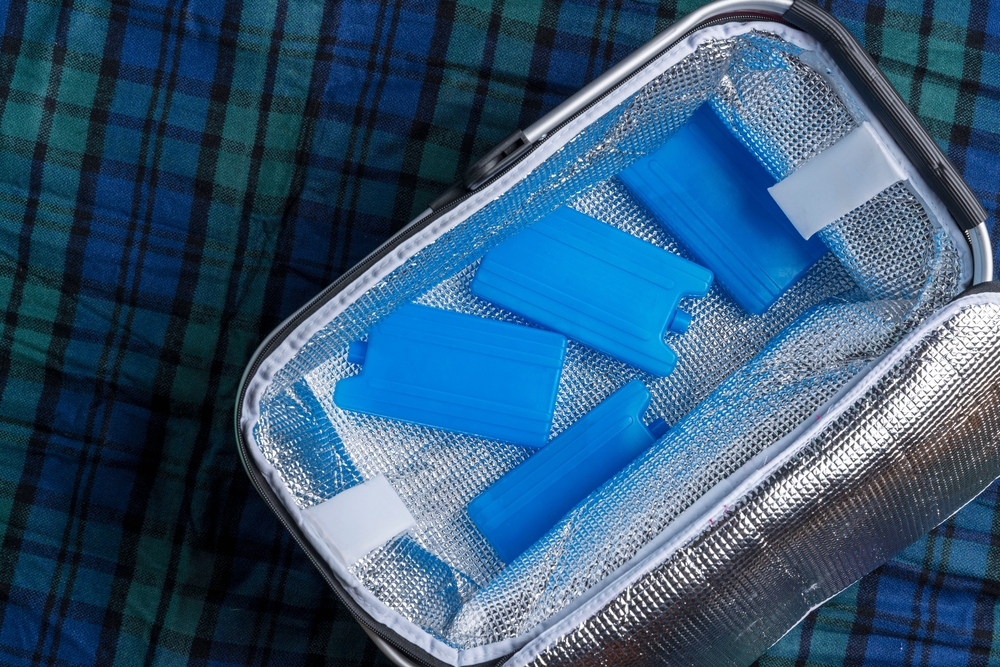
Planning a picnic can be both exciting and a bit overwhelming. Whether you’re heading to a local park or a scenic spot in the countryside, having the right gadgets can make all the difference. From keeping your food fresh to providing entertainment, the right gear ensures a hassle-free and enjoyable experience. Let’s dive into the must-have gadgets that will elevate your next picnic to a whole new level. Read More.
11 Key Facts About Canned Salmon You Should Know
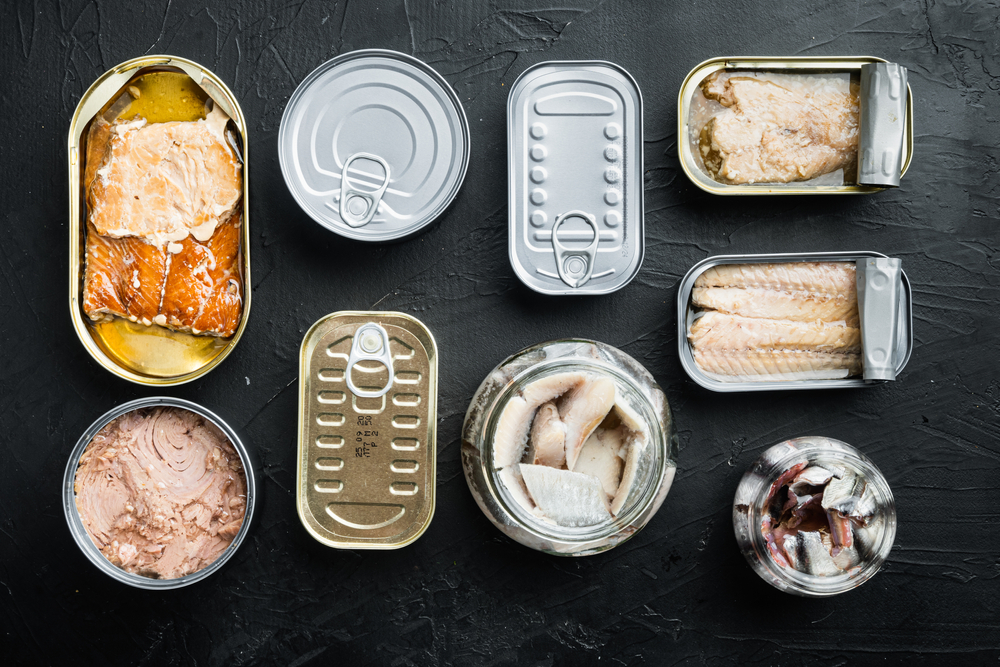
Want to know a bit more about canned salmon? Here’s a quick rundown that covers all you need to know. Canned salmon might just be one of the most underrated items sitting in your pantry. It’s more than just a convenient food choice; it has a fascinating blend of nutritional benefits and a storied history that stretches back over two centuries. If you’re looking for a smart, easy addition to your meals or just curious about this staple, you’re in for some interesting insights. Read More.
14 Best Ready-to-Eat Food Deals at Costco
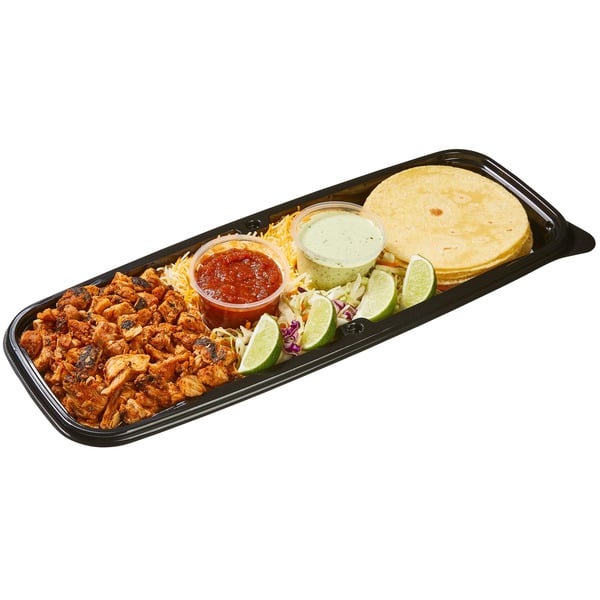
Costco has a variety of prepared foods that make mealtime easy and tasty. They’re so delicious you won’t believe they’re ready-made! Whether you’re pressed for time or just don’t feel like cooking, Costco’s got you covered with a variety of convenient options. From savory street tacos to hearty lasagna, you’ll be surprised Costco offers these kinds of foods. Read More.

